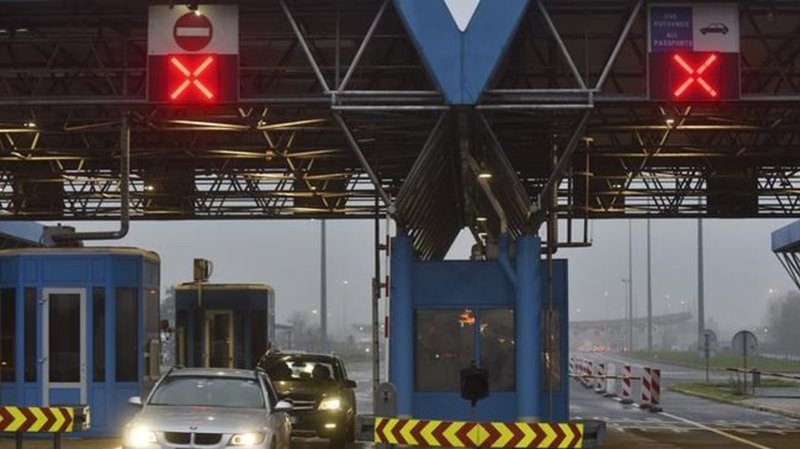
EU: Croatia to enter Europe’s ID-check-free area in January
BRUSSELS (AP) — Croatia was given a greenlight on Thursday to join the group of nations that make up Europe’s ID-check-free travel area, the European Union’s presidency said.
The decision came during a meeting of EU interior ministers in Brussels. There was no immediate word on the candidacies of Bulgaria and Romania.
“The Schengen area is growing for the first time in more than a decade,” the Czech Republic, which holds the EU’s rotating presidency tweeted. “Ministers approved Croatia’s membership as of 1 January 2023!”
The so-called Schengen area comprises 26 countries — 22 EU states plus Iceland, Liechtenstein, Norway and Switzerland. Almost 1.7 million people live in one Schengen country and work in another. Around 3.5 million people cross an internal border each day without needing to show their ID.
